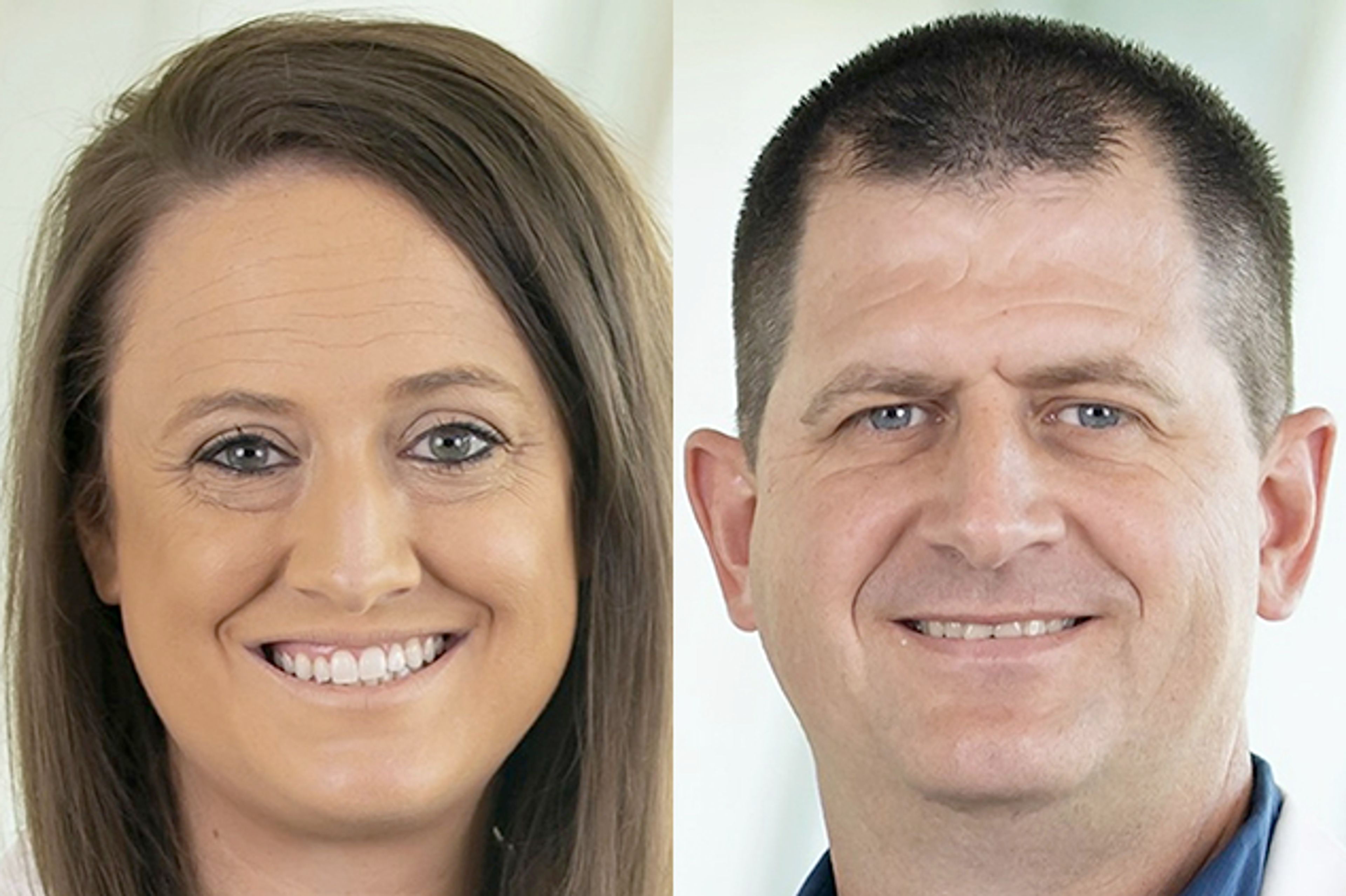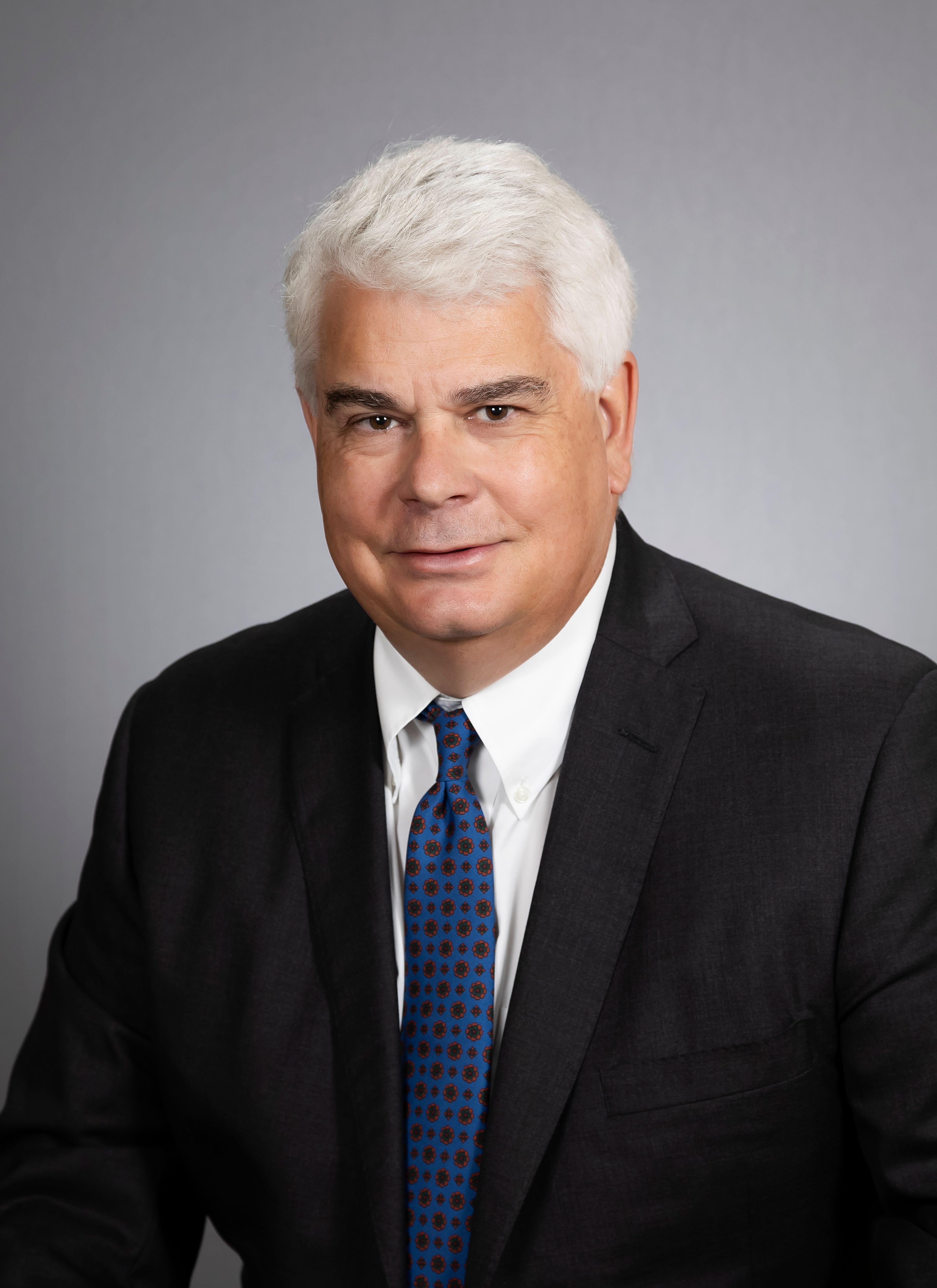Attorneys face high-stakes decision of putting Stewart on stand
NEW YORK -- With the government close to resting its case against Martha Stewart, attorneys planning her defense are faced with an excruciating decision: Should they put her on the witness stand? Lawyers not involved in the stock-fraud trial say having Stewart testify and opening her to cross-examination would be an enormous gamble, and her chief attorney says he won't decide until he sees the government's full case. Prosecutors expect to rest Thursday...
NEW YORK -- With the government close to resting its case against Martha Stewart, attorneys planning her defense are faced with an excruciating decision: Should they put her on the witness stand?
Lawyers not involved in the stock-fraud trial say having Stewart testify and opening her to cross-examination would be an enormous gamble, and her chief attorney says he won't decide until he sees the government's full case. Prosecutors expect to rest Thursday.
But prosecution witnesses have exposed inconsistencies in the accounts of Stewart and her ex-stockbroker and have testified to behavior that only Stewart may be able to explain by testifying herself.
"They have put Martha and her lawyer in a position where there's danger whichever way she goes," said Greg Markel, chairman of litigation at the New York law firm Cadwalader, Wickersham and Taft.
Stewart and broker Peter Bacanovic are accused of lying to investigators about why Stewart sold 3,928 shares of ImClone Systems stock in late 2001, just before the price plunged on bad news.
The trial was in recess Monday for the Presidents Day holiday. It resumes today.
A ruling from the judge Friday makes it more difficult for the government to prove the securities fraud charge alleging Stewart propped up the value in her own company, Martha Stewart Living Omnimedia, by deceiving investors about the ImClone investigation.
But the homemaking mogul still faces charges of obstruction of justice, conspiracy and false statements.
Her attorneys, not Stewart herself, will make the call on whether she takes the stand.
"You learn in a situation like this where you are not the expert, you have no idea about the runnings of such a -- of an enterprise like this, if you want to call it that," Stewart told CNN in December. "You listen."
Greater likelihood now
Lawyers outside the trial say the likelihood Stewart will testify is far greater now than it was when the trial began. They pointed to two key developments in the government's case.
First, star witness Douglas Faneuil, the Merrill Lynch and Co. assistant who handled Stewart's sale, did not waver in his assertion that Bacanovic ordered him to tip Stewart that ImClone founder Sam Waksal was dumping his shares.
And second, Stewart's personal assistant, Ann Armstrong, testified that Stewart, just before meeting with federal investigators, altered a computer log of a message left by Bacanovic on Dec. 27, 2001, the day she sold. Stewart then immediately told her to change it back, Armstrong testified.
Straight from her mouth
Stewart attorney Robert Morvillo has told jurors Stewart had a busy holiday season in 2001 and was accurate when she told investigators she did not recall any tip about the Waksals.
But J. Boyd Page, a white-collar lawyer in Atlanta, said jurors probably want to hear an explanation directly from Stewart.
"The problem with not putting the client on the stand, particularly a high-profile client, is that so often the jury wants to hear from that person," he said Monday.
"There are certainly some inconsistencies, some unusual acts, that if they can't be simply, reasonably explained can leave the jury with very much a bad impression," he said.
Representatives of Stewart and prosecutors did not return calls seeking comment Monday.
While testifying would give Stewart a crack at setting her story straight, it could do her more damage.
For one thing, she would face grueling cross-examination led by Karen Patton Seymour, head of the criminal division in the U.S. attorney's office.
A defendant's performance on the stand also may affect the jury.
Some jurors at the 2003 obstruction trial of investment banker Frank Quattrone, which ended in a mistrial, told reporters they were ready to acquit him -- until he took the stand and appeared argumentative and evasive.
"The government has very carefully set up these problems," Markel said. "No matter which way they go, Morvillo has a risk of it not turning out well. I don't envy his choice."
Connect with the Southeast Missourian Newsroom:
For corrections to this story or other insights for the editor, click here. To submit a letter to the editor, click here. To learn about the Southeast Missourian’s AI Policy, click here.





